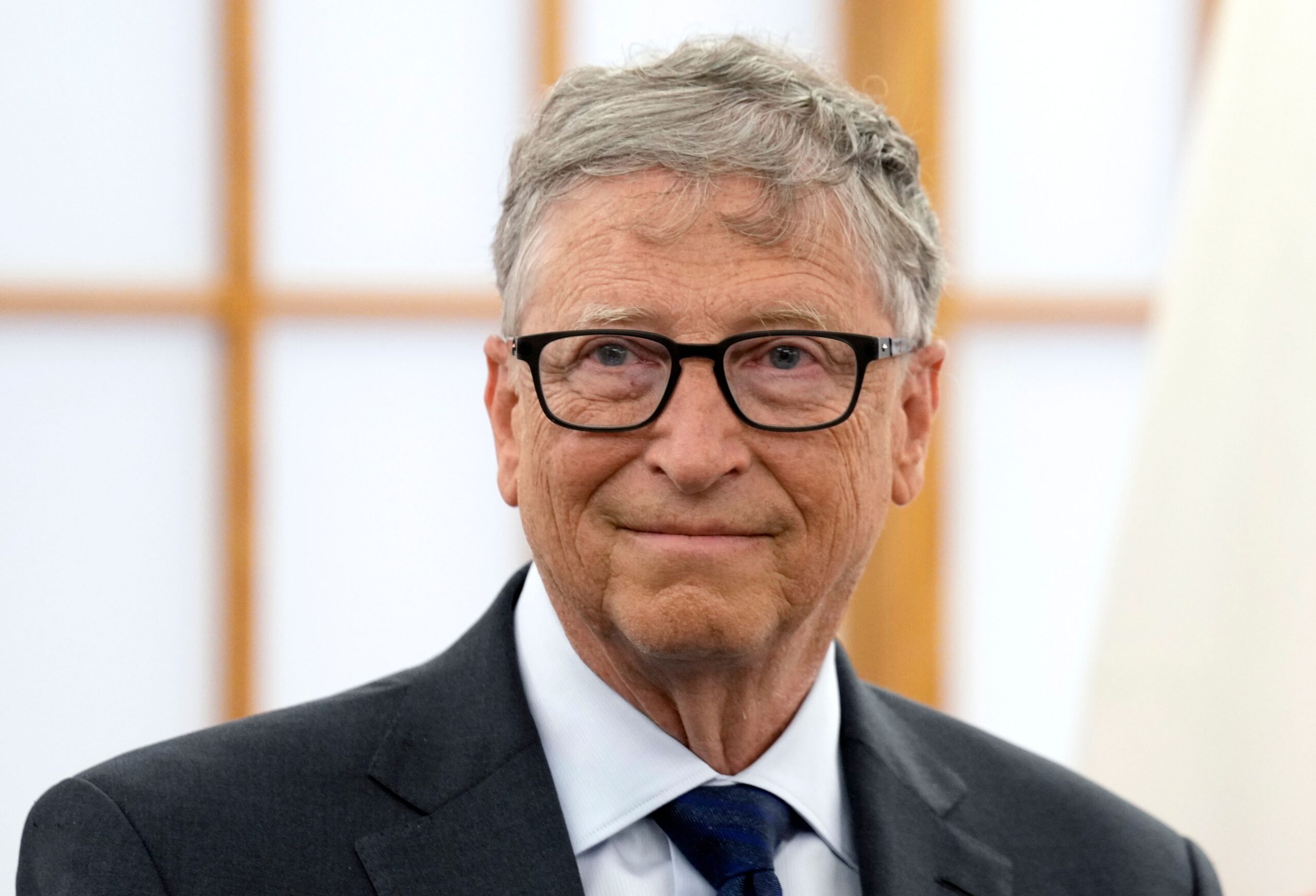
Bill Gates (shutterstock)

Bill Gates (shutterstock)

Don’t you love to see a story about someone giving back? Not every wealthy person is a miser. Some of the richest people on Earth recognize how lucky they are and choose to share the wealth. Just look at Amazon’s Jeffy B.—or Jeff Bezos, as his friend’s call him—who recently donated $100 million to food

Oct 09 | 2018

Business Insider
Amazon recently made headlines by raising its minimum wage for workers to $15 an hour. The company had previously come under fire for “exploitative employment practices,” so many people felt the raise was long overdue. But despite making $178 billion in 2017, Amazon appears to be unwilling to take the fiscal hit to ensure fair

Sep 06 | 2018

Tuesday was worth a trillion for Amazon (AMZN.O). The enormous e-commerce company just became the second in the U.S. to ever reach such a sum. As perCheddar, “(Amazon) saw shares rise to $2,050.50 just before noon, putting its valuation just about $100 billion behind Apple, which crossed the line a little over a month ago.”

orlandosentinel.com
LinkedIn is arguably the most popular website for professional networking and finding jobs. They have recently released their “Top Companies” list for 2018, a representation of the top 50 companies where “professionals most want to work across the U.S. based on the actions of LinkedIn’s more than 546 million professionals.” By tapping into four main